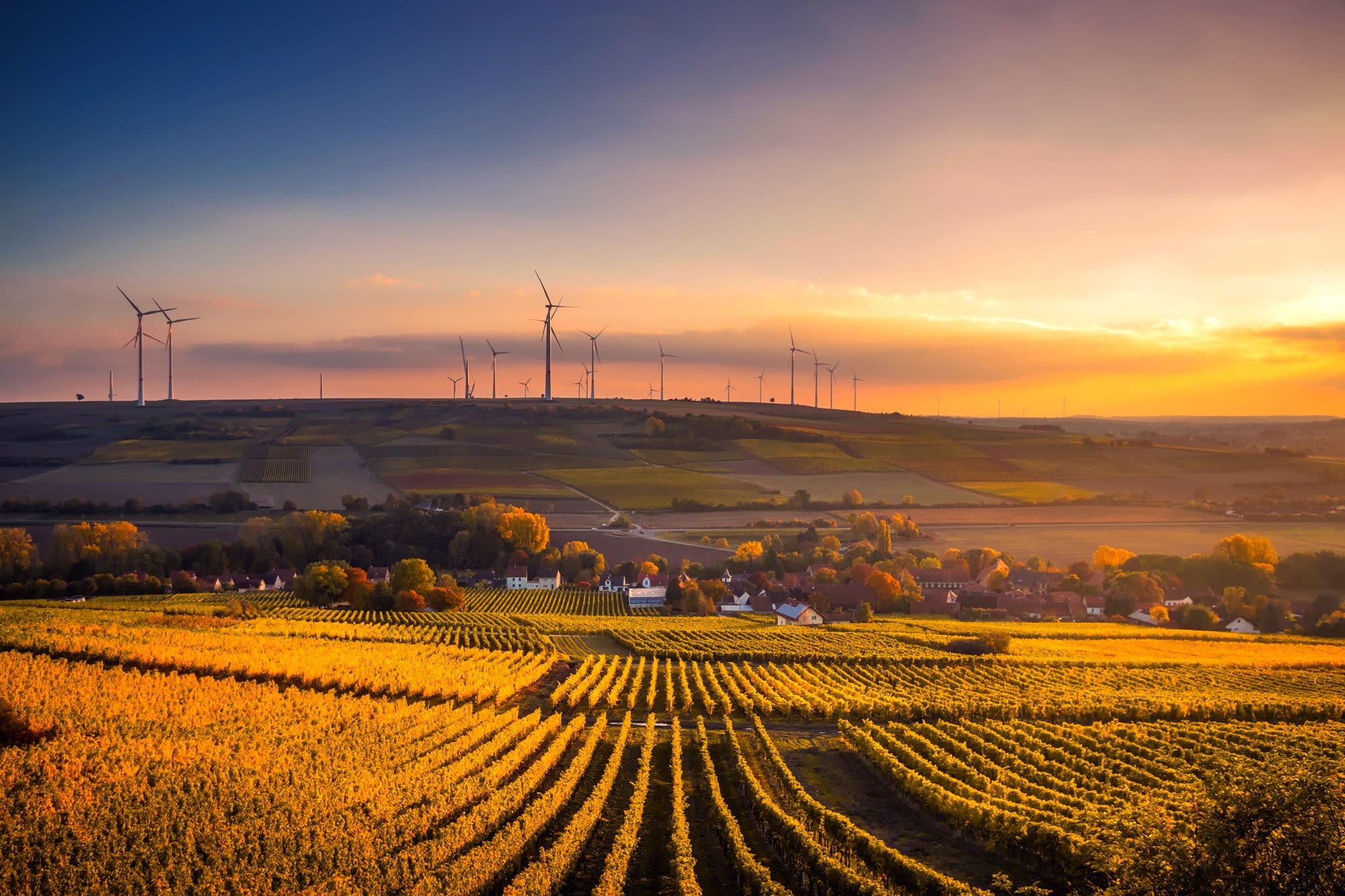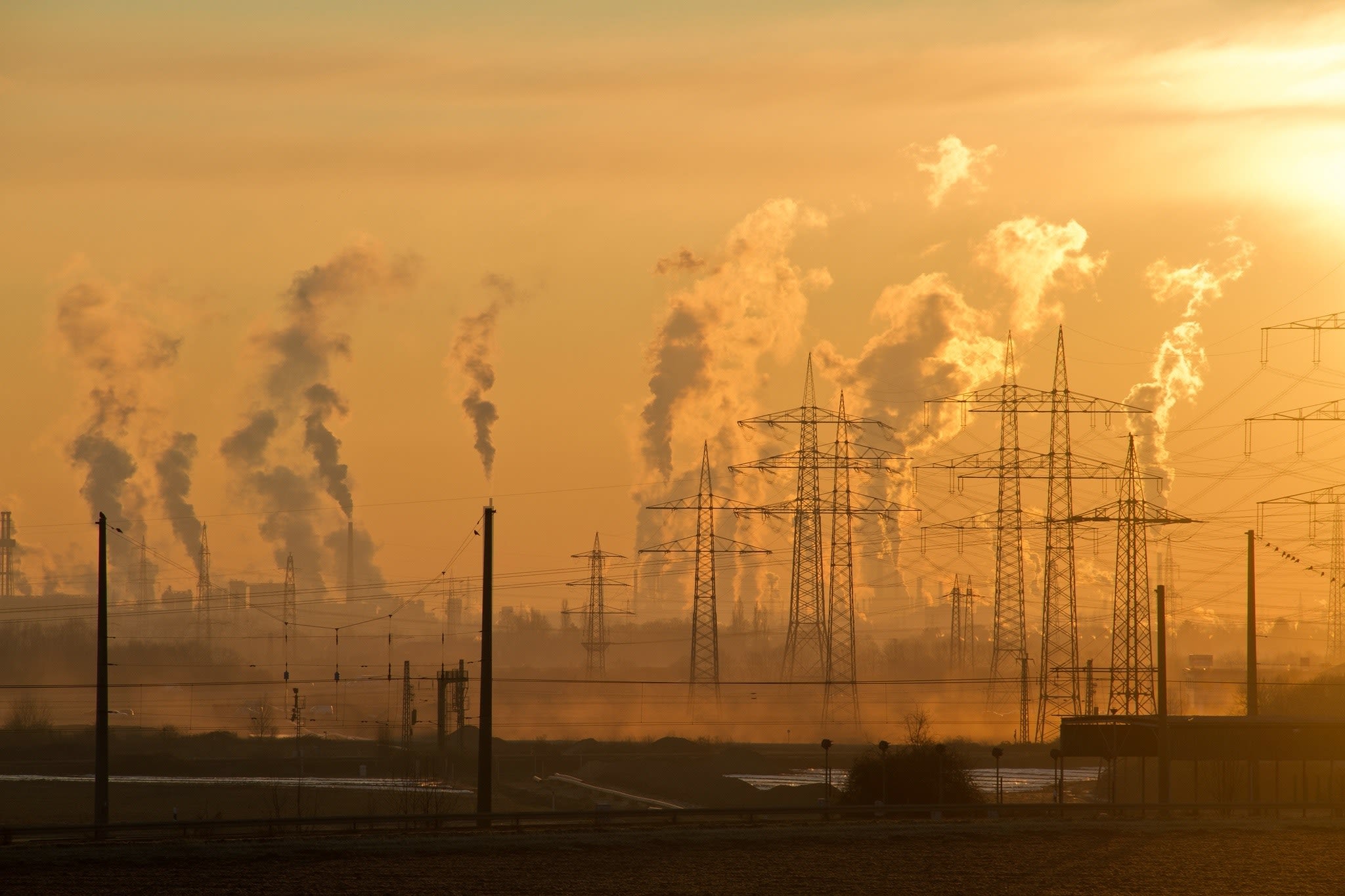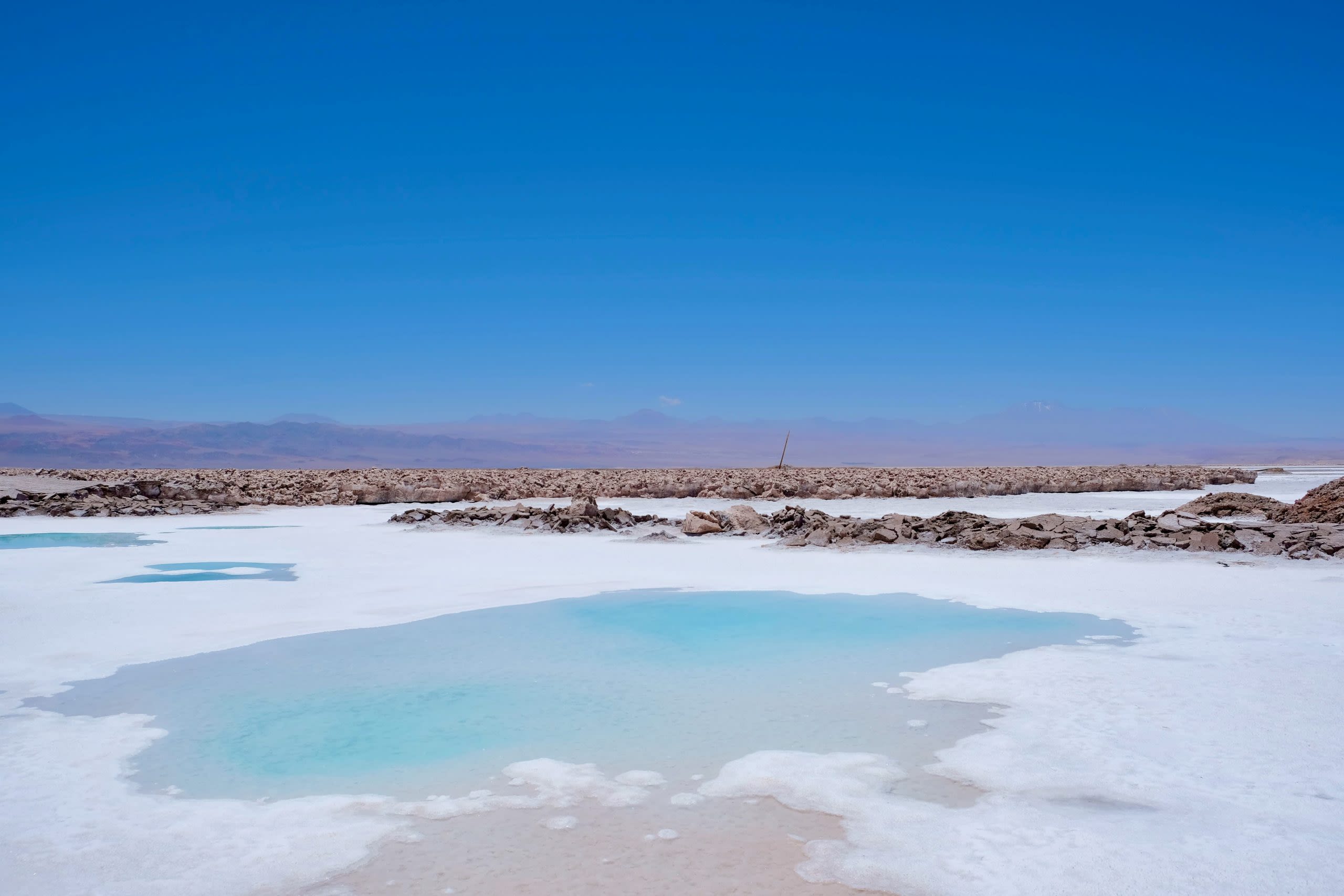

For many years, when discussing Bertha, we stated that our funding philosophy was tool-specific and issue-agnostic. This was an organizing way to think about how and why we funded, but it was not altogether accurate. What we meant to say was that, unlike many foundations that organize around issue-specific funding, our funding was directed towards the tools we believe are critical to social justice work. That, however, did not mean we weren’t passionately invested in the issues, and agnosticism was inaccurate to the degree that we were deeply aware of the issues and deeply invested in the outcomes related to all. Across our network, we saw spontaneous and formal organizing around intersectional and universal issues that affect all of us – to name a few: land and housing rights, gender-based violence, racial injustice, extrajudicial killings, criminal justice and corporate accountability.
Over the past few years, Bertha has shifted our funding model to invest more specifically in issues. For us, these issues are intersectional and interdependent. We have always seen climate justice work as inherently linked to racial justice, gender justice and economic justice. We continue to take that view as we emphasize a deeper investment in the climate and ecological crises our world faces. As we stated in our first climate-focused Bertha Challenge:
“The climate crisis and collapse of ecosystems is a global emergency that poses the most imminent existential threat to our planet and all who live on it. We have little time left to prevent a catastrophic climate breakdown and the resultant loss of species. Poorer nations, particularly in the Global South, are already experiencing the political and social fallout of a hotter ocean and rising land temperatures. The massive displacements of people following droughts and accompanying food insecurity are already happening in Southern and East Africa.”
Over the past few years, Bertha Foundation has been developing multiple programs to address the crises, including the Bertha Challenge – and supporting our sister organizations Bertha Earth and Be The Earth. Over the next year we will be sharing blog posts to bring attention to that part of our work, and to continue to help us sharpen our thinking and understanding around it. Bertha Earth was created to inspire and support kids who are naturally inclined to love and protect our planet. Be The Earth is an agribusiness investment and philanthropic foundation focused on rethinking our food systems and investing in the people who are doing that.
We also want to tell the stories from across our grantee network. There is a commonality to the themes across our network of how people are tackling this work – from community organizing to legal strategies to resource and tool creation: we are seeing great successes and amazing mobilization.
Their strategies are varied and context specific, but some of the common themes you will see in the blog posts include:
Creating tools for environmental defenders.
Increasingly, we see that community activists are under surveillance, threatened and in many cases harmed or even murdered. Grantees are creating new tools – online and offline – in the time of COVID-19 to help protect and support our Earth defenders.

Educating and empowering youth about the climate and ecological crisis.
In the past decade, young people have been harbingers of a global movement to keep humanity from destroying itself and its environment. Our sister organizations and grantee network are finding new ways to mentor, connect, teach and learn from these audiences.

Using legal remedies and accountability campaigns against governments and corporations.
The pattern we see time and again is corporations and governments colluding to engage in harmful extraction of natural resources on lands stolen from Indigenous groups. However, the counter pattern is to push back using all legal remedies available, including environmental assessments that require input from local communities and output from industry itself. This is happening locally and internationally, and the lessons learned are being shared around the world.

Engaging with communities and new audiences.
There is no valid climate movement without the voices of the communities most affected by climate change. Our grantee networks are supporting the creation of tools and resources for communities, helping to get their voices heard on bigger platforms and across multiple media, making community consultation a requirement and bringing more and more new people into a big broad tent that houses this movement.

At heart, the global crisis would be easily ended if corporations and governments were to prioritize people and planet over profit. Until that happens, we – along with our amazing network – will continue to attack environmental problems from multiple perspectives, increase focus on environmental justice and work towards a Just Transition. These stories remind us that while the work can feel overwhelming, we can remain astonished by the sheer scope and diversity of creative approaches to it.
In solidarity,
Laura Horwitz,
Chief Executive Officer, Bertha Foundation
CREDITS
Photo 1: Header background: Artem Podrez, Header text image: Ricardo Esquivel from Pexels
Author: Laura Horwitz
Editorial Consultant: Karen Frances Eng
This story was originally published in the Bertha Climate book and some of the information in this story may have changed since it was first published.



 Built with Shorthand
Built with Shorthand